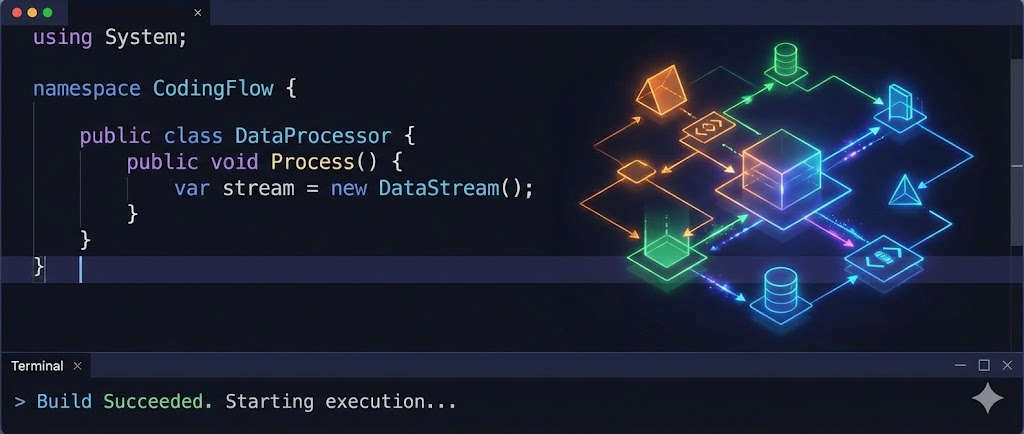
Working on Atom lately, I need to be able to download files to disk. We have ways to achieve this, but they do not show the download progress. This leads to confusion and sometimes frustration on larger downloads such as updates or large packages.
There are many npm libraries out there, but they either don't expose a progress indicator, or they bypass Chrome (thus not using proxy settings, caching and network inspector) by using Node directly.
I'm also not a fan of sprawling dependencies to achieve what can be done simply in a function or two.
Hello window.fetch
window.fetch is a replacement for XMLHttpRequest currently shipping in Chrome (and therefore Electron) as well as a whatWG living standard. There is some documentation around, but most of it grabs the entire content as JSON, a blob, or text which is not advisable for streaming where the files might be large. You want to not only minimize memory impact but also display a progress indicator to your users.
Thankfully window.fetch has a getReader() function that gives you a ReadableStreamReader that reads in chunks (32KB on my machine) but isn't compatible with Node's streams, pipes, and data events.
Download function
With a little effort, we can wire these two things up to get us a file downloader that has no extra dependencies outside of Electron, honours the Chrome cache, proxy and network inspector and best of all, is incredibly easy to use;
import fs from "fs"
export default async function download(
sourceUrl,
targetFile,
progressCallback,
length
) {
const request = new Request(sourceUrl, {
headers: new Headers({ "Content-Type": "application/octet-stream" }),
})
const response = await fetch(request)
if (!response.ok) {
throw Error(
`Unable to download, server returned ${response.status} ${response.statusText}`
)
}
const body = response.body
if (body == null) {
throw Error("No response body")
}
const finalLength =
length || parseInt(response.headers.get("Content-Length" || "0"), 10)
const reader = body.getReader()
const writer = fs.createWriteStream(targetFile)
await streamWithProgress(finalLength, reader, writer, progressCallback)
writer.end()
}
async function streamWithProgress(length, reader, writer, progressCallback) {
let bytesDone = 0
while (true) {
const result = await reader.read()
if (result.done) {
if (progressCallback != null) {
progressCallback(length, 100)
}
return
}
const chunk = result.value
if (chunk == null) {
throw Error("Empty chunk received during download")
} else {
writer.write(Buffer.from(chunk))
if (progressCallback != null) {
bytesDone += chunk.byteLength
const percent =
length === 0 ? null : Math.floor((bytesDone / length) * 100)
progressCallback(bytesDone, percent)
}
}
}
}
A FlowType annotated version is also available
Using it
Using it is simplicity. Call it with a URL to download and a local file name to save it, and an optional callback to receive download progress.
Downloader.download(
"https://dl.damieng.com/fonts/original/EnvyCodeR-PR7.zip",
"envy-code-r.zip",
(bytes, percent) => console.log(`Downloaded ${bytes} (${percent})`)
)
Caveats
Some servers do not send the Content-Length header. You have two options if this applies to you;
- Don't display a percentage - just the KB downloaded count (the percentage is null in the callback)
- Bake-in the file size if it's a static URL - pass it in as the final parameter to the download function
Enjoy!
[)amien
1 response
Very handy!
The built in electron 'will-download' manager does not provide error messages/feedback, and as you mention node specific packages often ignore system proxies etc.
The other nice bonus with this approach is that network traffic shows up in the chrome dev tools.